In 2014, members of the first class of physician assistant students at the newly opened MEDEX Tacoma training site considered taking on a community outreach project in addition to their classroom studies. “It was important to us that we leave a mark,” says Kate Osborne, then a member of Tacoma Class 1 and co-founder of the Tacoma Foot Clinic.
Kate and her cohorts had heard about the Sunday community breakfasts held at Urban Grace Church, a nondenominational ministry and the only remaining church in downtown Tacoma. “We came and observed the breakfast one morning, and got a sense that this is a place where we could really help,” Kate says.
Each Sunday, around 300 free breakfasts are served at Urban Grace Church. According to Pastor Ben Robinson, the folks who come through the community breakfast are evenly split between the actively homeless and those that are more food insecure. “Of course, the church is surrounded by a lot of subsidized housing,” Pastor Robinson adds.
For Kate and her classmate, Mike Carter, the need was clear. At the community breakfast they encountered people who were on their feet all the time. “Depending on their situation these people could be walking between five and eight miles a day,” says Mike. The remedy seemed clear as well. “We could help educate them in foot care, but also help them with their feet,” says Kate.
Now alumni of MEDEX Northwest and working in their profession, Kate Osborne and Mike Carter remain firmly attached to the Tacoma Foot Clinic, which is held on the second Sunday of each month at Urban Grace Church. Along with current PA students from MEDEX Tacoma Class 3, they show up at 8 am to set up the makeshift clinic in a small room off the breakfast dining hall. An announcement is made to the 300 or so people present, and interested individuals find their way into the clinic, where they are greeted and directed to a chair for something more than a pedicure.
“It’s having something looked at,” says Pastor Robinson. “It’s having medical professionals care for them. They’re building relationships with medical professionals, especially notable since there’s a lot of mistrust between the homeless population and the medical community.”
“It’s having something looked at,” says Pastor Robinson. “It’s having medical professionals care for them. They’re building relationships with medical professionals, especially notable since there’s a lot of mistrust between the homeless population and the medical community.”
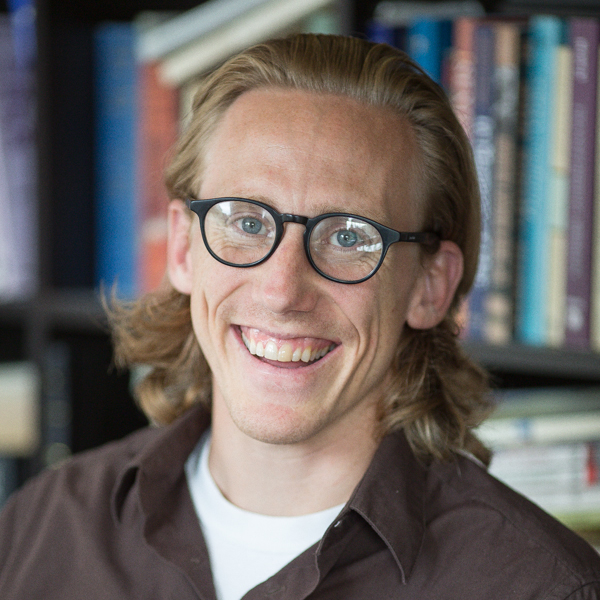
“I’m hearing that folks are looking forward to the foot clinic,” he says. “What I hear is an appreciation for the human connection.”
For the MEDEX volunteers, it’s an opportunity to connect with a population that’s often marginalized and pushed aside, to treat them with dignity and care. “As a pastor and leader of a faith community, I see this as so in line with the model of Jesus, who washed people’s feet,” says Pastor Robinson.
The majority of the clients seen at the Tacoma Foot Clinic are in some state of moderate distress with their feet and foot care. “Normally we see pretty bad fungal infections, calluses and diabetic foot ulcers,” says Mike Carter. “You see a lot of swelling as well.”
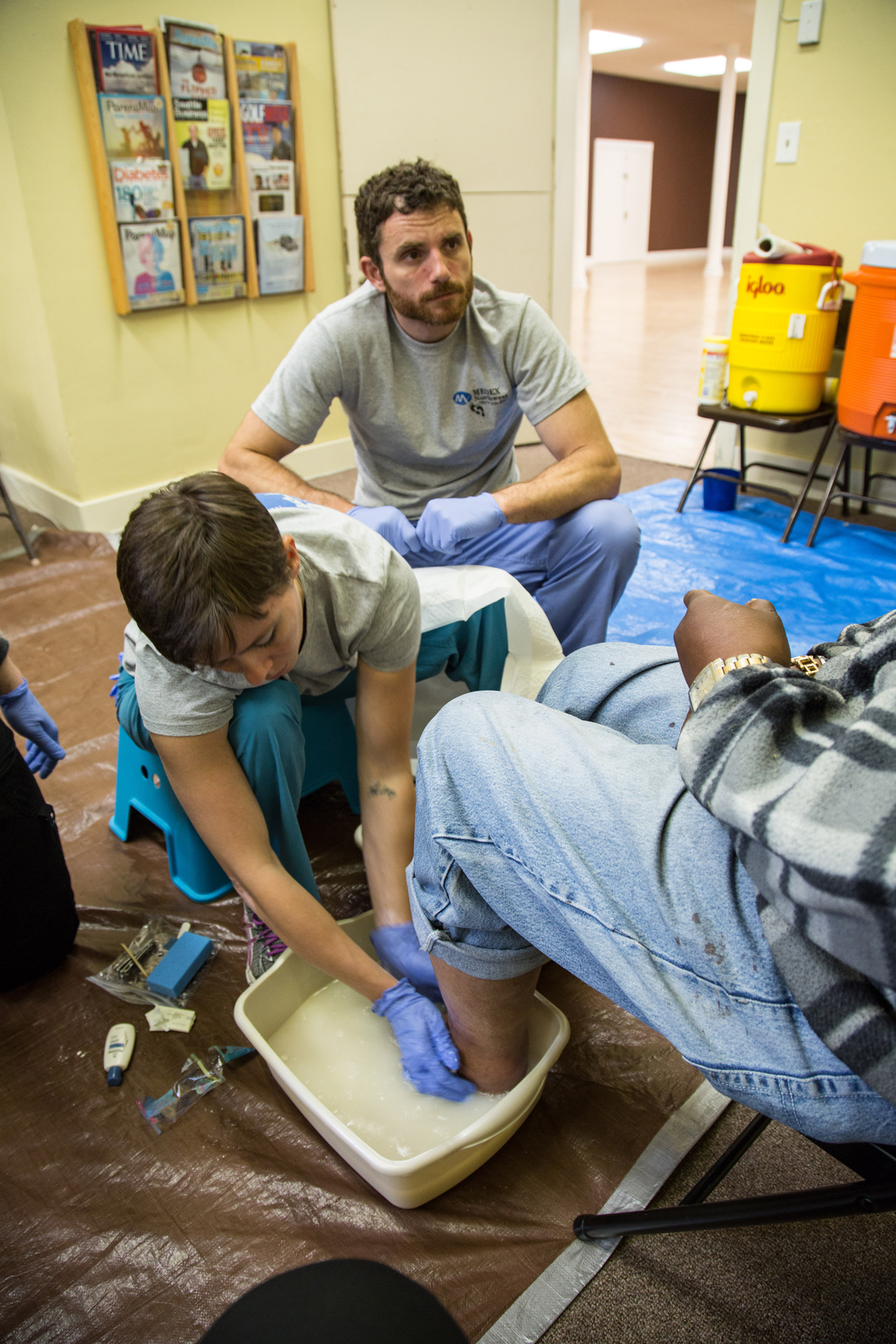
On occasion, individuals show up in acute distress, where the condition of their feet indicates something much more serious. Mike explains. “A gentleman we saw today has long-standing diabetes. Most likely he’s got underlying heart failure and cardiac issues, as well as severe bilateral lower extremity edema, which was cutting off blood supply to his feet and leading to actual gangrene of his toes. He’s got open wounds— open sores on both of his feet— which are not going to heal properly due to the amount of swelling and the underlying chronic medical conditions. Unfortunately, he’s most likely going to need those toes amputated at some point in time if he does not get follow-up care, as needed, very soon.”
The client is 63 years old and on the streets. After spending time with him, Mike has little faith in the client’s ability to follow through and get the care he needs. “Absolutely terrible,” he says.
The client revealed to Mike that his cellphone had been stolen, along with his antibiotics and water pills to get rid of the edema. “He watched a man eating those on side of the road from his stolen bag. So, between lack of access to medications, and the fact that he was in the ER last week and they said there’s nothing they would do for his feet, I think that his chances of getting the care he needs are pretty slim. I think this is a true failure of the system.”
Vanessa Bester, site director of MEDEX Tacoma, agrees. “A lot of people assume that because we have the Affordable Care Act that everyone has access to healthcare now, and that’s not the case,” she says. “Seeing this gentleman today, I’m very frustrated we can’t give him the care that he needs right here and now. This sort of thing really lights a flame in me to start pushing and figuring out how we can raise more funds, get more support to expand, and eventually provide full clinical services.”
Never short on vision, Vanessa spells out exactly what they need to be able to expand their reach.
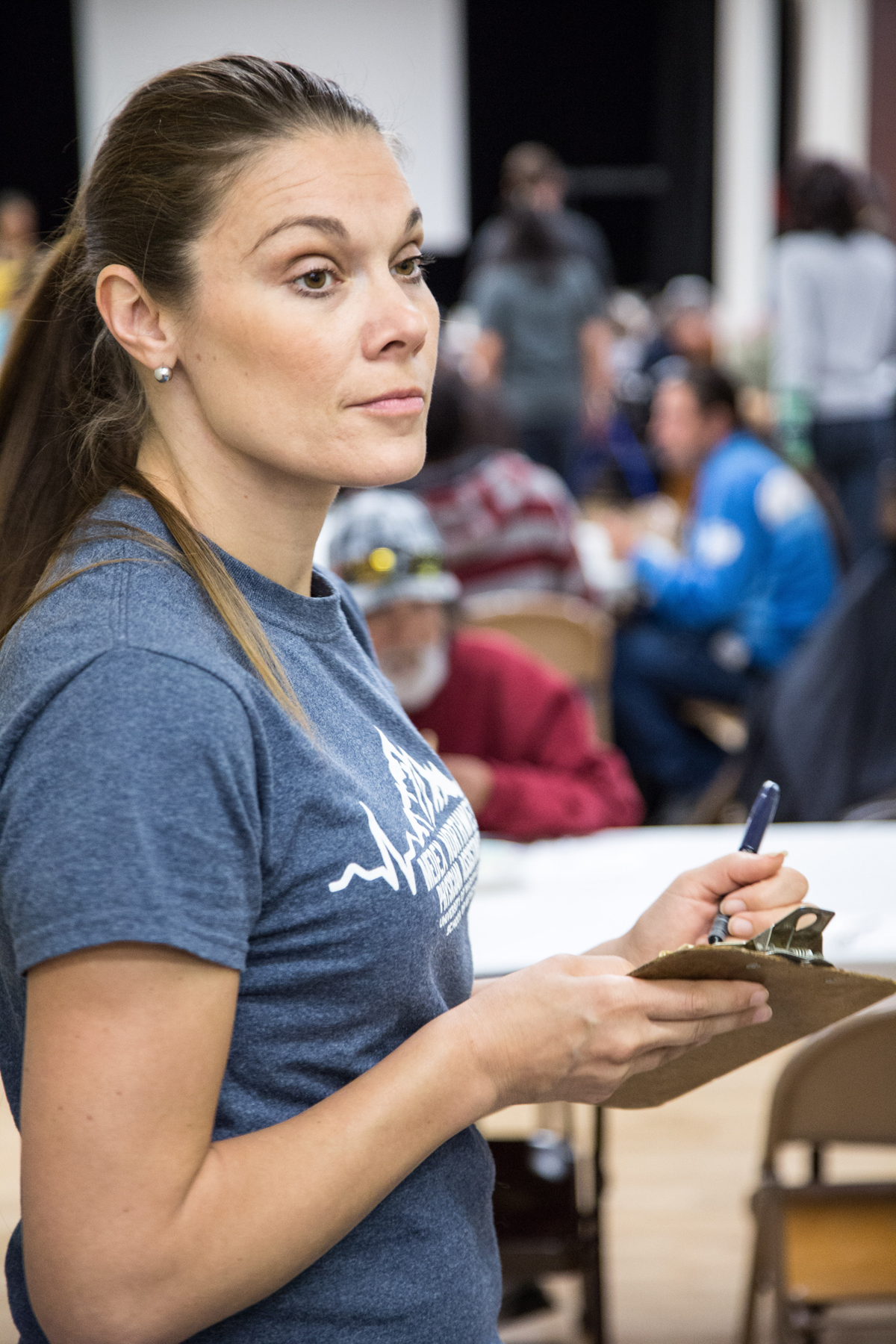
“Money,” she says. “And we need space. Urban Grace is a wonderful setting where they have provided us room to do our work for free. But if we were to expand and provide true medical care, we would need true clinical space with running water and exam rooms.” In the current quarters at Urban Grace, the MEDEX volunteers must lug water in 10-gallon jugs back and forth from the kitchen to provide warm water for the foot care.
Despite the makeshift nature of the foot clinic, however, happiness in the room is tangible. The MEDEX volunteers are enthusiastic and attentive. The clients are basking under the light of such attention. It all seems worth it, every bit. Pastor Robinson is appreciative. “With MEDEX it’s been a good natural match,” he says. “They were looking for a good spot. We have access to a sometimes elusive population with needs and a good setting to offer care. The church doesn’t have the capacity to offer direct services ourselves, so to find a partner organization like MEDEX was ideal. It’s a good model as we continue to look forward and think about what other organizations we may partner with.”
For current MEDEX didactic students, participation in the foot clinic offers a much-needed relief from the classroom and a reminder of what they’re working towards. Prior to PA school, Missy Griffith was a paramedic for 10 years in Bremerton. Now she is a member of MEDEX Tacoma Class 3, and has taken on a leadership role with the clinic for her class, a mantle that will be passed on to a member of class 4, as Missy enters her clinical year.
Arriving at her first foot clinic, Missy was struck by what an impact such a small task could have on the community, and how thankful the people were. “I think that’s been true for everyone in my class who’s come and volunteered,” she says. “They’re all just like, ‘Man, this makes us feel better than anything else we’re doing,’ because we’re in the classroom in our books all year long. We’re not seeing patients.”
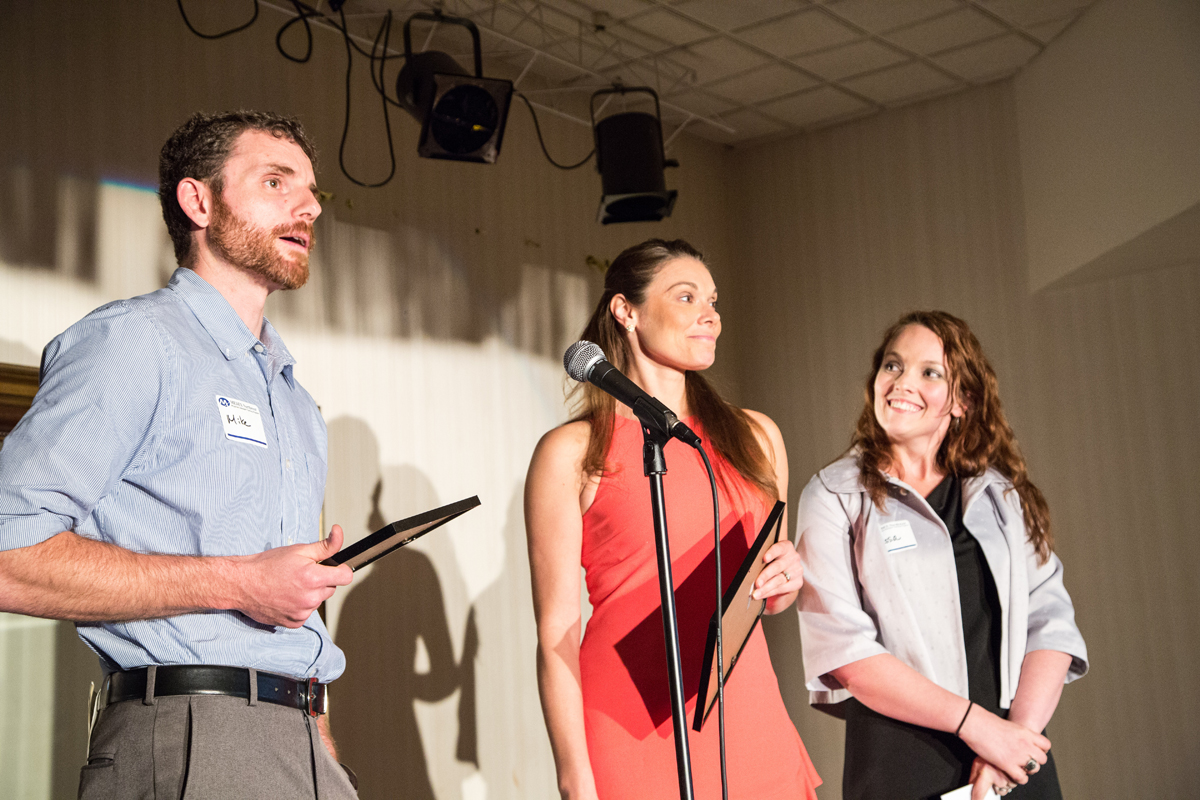
For Missy and other volunteers in the didactic year, the foot clinic brings them back to why they’re in PA school after all. “I was really honored to be able to take it over from Kate and Mike, because I know it was hard for them to let go of it, and I can see why. It’s awesome that they’re still involved in helping to keep the clinic going.”
In lieu of expanded clinical services, there are things needed to keep the Tacoma Foot Clinic afloat. Chief among them are material supplies: packages of men’s white classic crew socks, Lysol wipes, travel size lotion, pumice stone, emery boards, oatmeal bath single packets, travel size soap, toe nail clippers, garbage bags and Ziploc bags.
Vanessa Bester also makes a direct appeal to MEDEX alumni. “Please contact me,” she says. “Contact Mike or Kate, and get a hold of us at medxfoot@uw.edu. We are always looking for preceptors to help guide our students in foot care. We’re looking for people who really want to get down in the trenches and help. If you know of a place where we could use clinic space on the weekend, if you work in general surgery, or with any kind of resources that could help us start providing a broader base of care, contact us.”
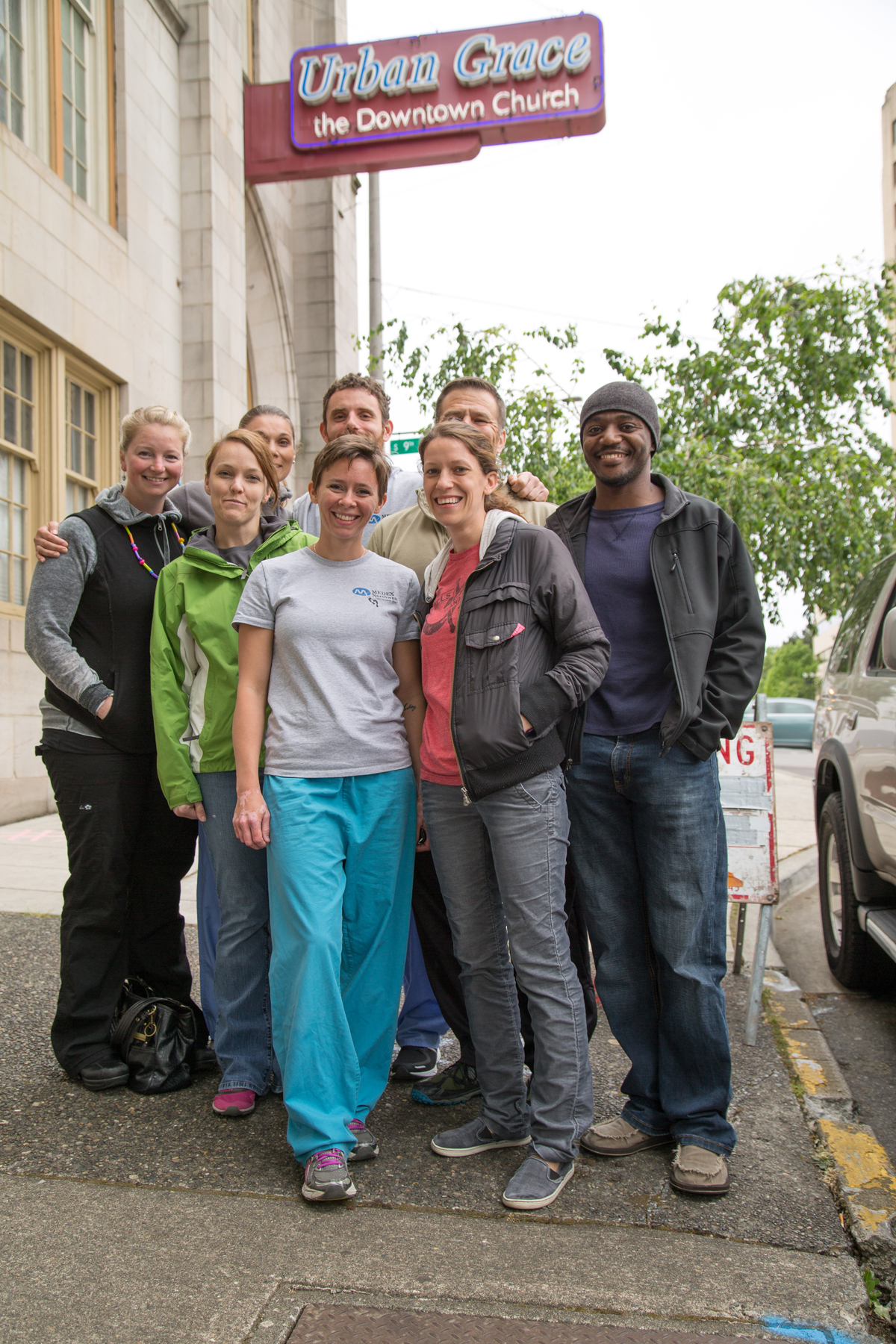
The MEDEX Tacoma Foot Care Clinic takes place the second Sunday of each month from 8:30 to 10:00 am at Urban Grace Church, 902 Market St, Tacoma, WA 98402. For more information, to give your time, materials supplies or money write medxfoot@uw.edu.
